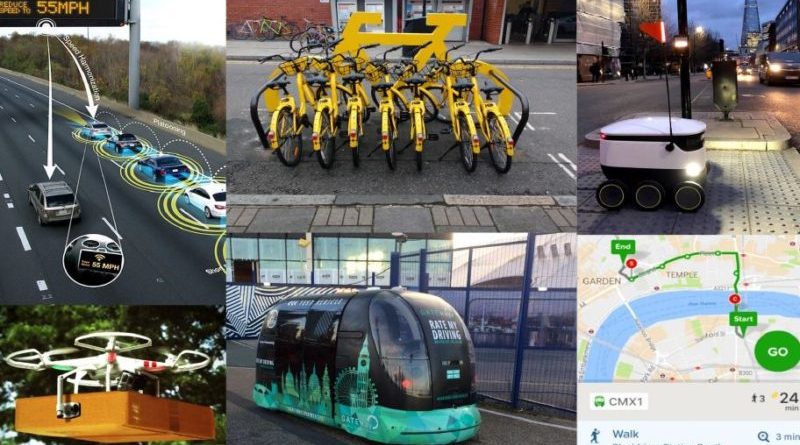Licensing for London’s dockless cycle hire operators recommended by new Transport Committee study
A new study published today by the London Assembly Transport Committee has warned that the UK capital is unprepared for the rapid advance of innovative new transport services.
Among the lead points, the study suggests that the rapid roll out of dockless bike sharing has caught the Capital off guard and as such schemes are in danger of not being able to operate as effectively, or in as controlled a fashion, as they perhaps could.
This has led to the recommendation by the Transport Committee to the London Mayor that an examination should take place into whether a city-wide licensing scheme for dockless operators should be put in place.
On this topic, the publication’s fourth recommendation states: “TfL and boroughs should consider whether to introduce a London-wide licensing regime for dockless cycle hire. This could involve a small number of operators being granted permission to operate across London. Licensing requirements could specify commitments to provide services in outer London boroughs, and adherence to the terms of TfL’s code of practice for operators. We ask the Mayor and TfL to confirm by the end of May 2018 that discussions on this proposal are underway.”
oBike is cited numerous times within the report as having disrupted London’s streets, having initially launched without notifying TfL or the London Boroughs it intended to operate within. A subsequent seizure of the bikes took place in some areas.
“There were issues with oBike. They did not tell anyone they were coming; they launched without a helpline, without a proven operating model, without an understanding of the complexity of boroughs and the powers of the transport authority, and therefore there were issues and it caused a number of boroughs, and us as well, significant concerns. We ended up asking them to remove the bikes and they did. We did not crack down immediately because we want to try to welcome innovation, and the fact is this is potentially something that could really increase access to cycling,” said Michael Hurwitz, TfL’s Director of Transport.
The Mayor’s Healthy Streets Agenda is flagged within, something which mandates the Mayor to prioritise policies that shift Londoners away from private car use and toward walking, cycling and public transport.
“London’s streets need to become safer (particularly for vulnerable road users), more attractive places to walk, cycle and spend time. Technologies such as fitness apps, new types of cycle hire or improved street lighting could contribute to encouraging greater physical activity. Improved engine technology can help reduce noise and emissions, while driver assistance systems, automatic speed control and enforcement technologies could reduce road danger and improve the street environment more widely. However, there could also be adverse health impacts if technology incentivises new non-active transport services for people who would otherwise have walked or cycled,” says the report.
Keith Prince AM, Chairman of the London Assembly Transport Committee said; “Autonomous vehicles could make roads safer. Dockless bikes could spread the benefits of cycling to the whole city and demand-responsive buses could give people a public transport service tailored to their needs. The opportunity to improve mobility for millions of Londoners is here but it will require proper planning, transparency and accountability, as well as cooperation with government, boroughs and development companies.
“TfL have been caught napping on the technology front and it’s time to wake up. Uber, then oBike are two examples of a poorly prepared regulator which seems to be making it up as they go along.
“Go back to 2014 – in its ‘Future Proof’ report, this committee warned that ‘TfL needs to be prepared for the inevitable consequences of a transport environment in which technology is evolving faster than the legislation that is needed to govern its use.’ It’s clear that warning was ignored – let’s hope this warning won’t be.”
The Future Transport Report is downloadable here.



